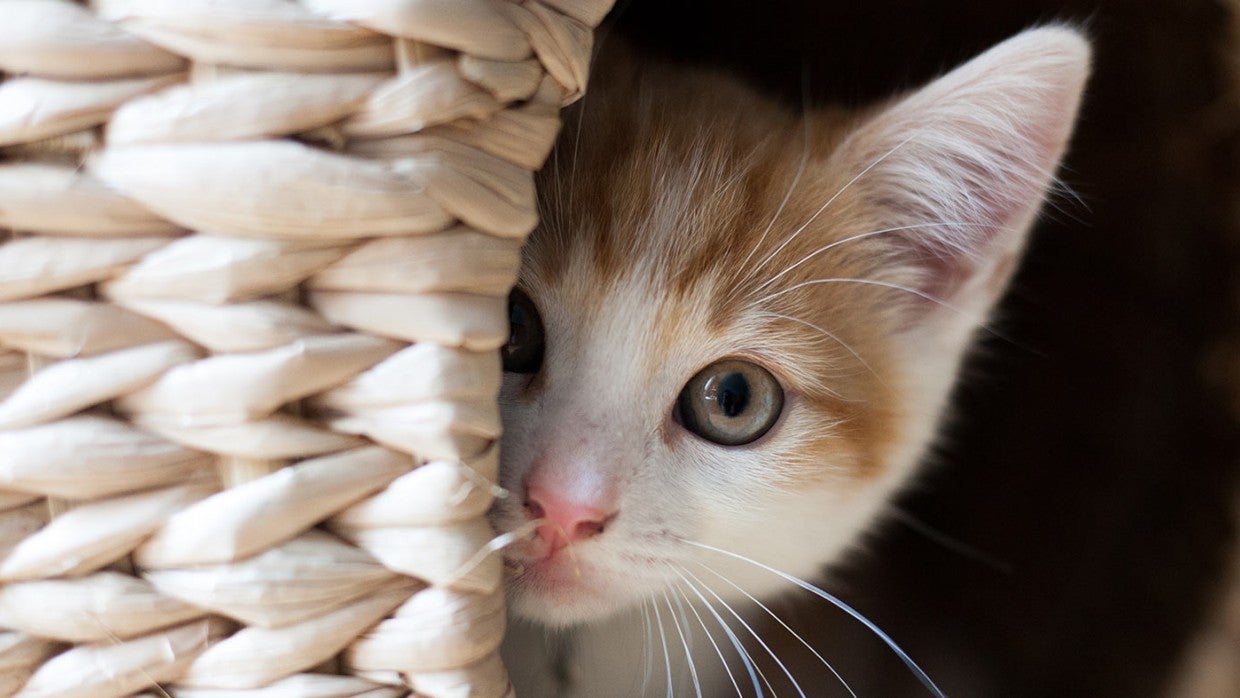https://www.goerie.com/entertainmentlife/20200316/there-is-hope-for-cats-with-fip-pet-connection
A slightly more in depth article similar to the link that was also used for research: https://www.avma.org/javma-news/2020-01-15/fip-drugs-continue-show-promise-while-being-sold-black-market
Article describing FIP that was also used: https://pets.webmd.com/cats/cat-fip-feline-infectious-peritonitis#1

FIP is one of two cat forms of the coronavirus. While the another form - feline enteric coronavirus or FECV - causes only mild gastronomic upset, FIP causes fever, weight loss and lethargy. More specifically, its "dry form" also causes jaundice (if the lungs are affected) and excessive thirst and vomiting (if the kidneys are infected), while its "wet form" causes a buildup of fluid in the abdominal cavity (causing distention) and/or the chest cavity (causing trouble breathing).
Both forms have, for a long time, invariably led to death. However, now it seems there may be hope for a cure. The potential cure in question is GS-441524, manufactured by Gilead Sciences (the company behind Remdesivir, which is currently being made available experimentally for the purposes of fighting against Covid - 19). In a study by UC Davis, the drug was found to (as of now) kept 25 of 31 cats with the disease alive. However, Gilead hasn't made the drug widely available as of yet.
Although Gilead hasn't made their drug available yet, other, similar drugs are being sold online at a very high price. One of them, Mutian, claims to be the same drug. However there has been no verification of this, and it is illegal for veterinarians to prescribe it as the drug is not FDA approved. This hasn't stopped cat owners from attempting to treat their cats at home, however, sometimes with the help of their veterinarian.
Questions:
1. How much, if at all, should veterinarians assist clients in administering this drug to their patients' cats?
2. Is it justifiable for people who live with FIP positive cats to attempt to procure drugs not approved by the FDA on the black market?
2 comments:
I think that how a veterinarian handles the distribution of drugs to their clients should be based on whether or not they think it will actually help. If a drug is not going to benefit an animal, why give it to them? However, there is the off chance it does work, which is what pet owners will be desperate for (I get it). I think it is justifiable for people to try and treat their cats with drugs off the black market, but I don't think it is ok (if that makes sense). Caring about your pet and wanting to help them in any way is a 100% understandable feeling. However, drugs off the black market aren't approved by the FDA which exists to protect people's health. So I think it is much too risky (and honestly selfish?) to give your pet a drug you aren't sure will work, and may actually end up hurting them.
I'm guessing that it might be smarter to let veterinarians administer any drug, if beneficial and necessary like Olivia said, to a patient's pet, probably because they have more experience with doing that sort of thing. The decision to use a drug should be based on whether it is legal and proven to be effective. It's understandable to be impatient or anxious about finding a way to help your pet, especially since getting FDA approval is a long and complicated process (which can also apply to the situation around finding a vaccine/cure for human coronavirus strains), but it's also risky to use something that isn't known to be authentic and approved. Hopefully this feline coronavirus is resolved, not only for the well-being of cats, but also for humans. Another mutated strain of coronavirus jumping from possibly these cats to humans would not be good.
Post a Comment